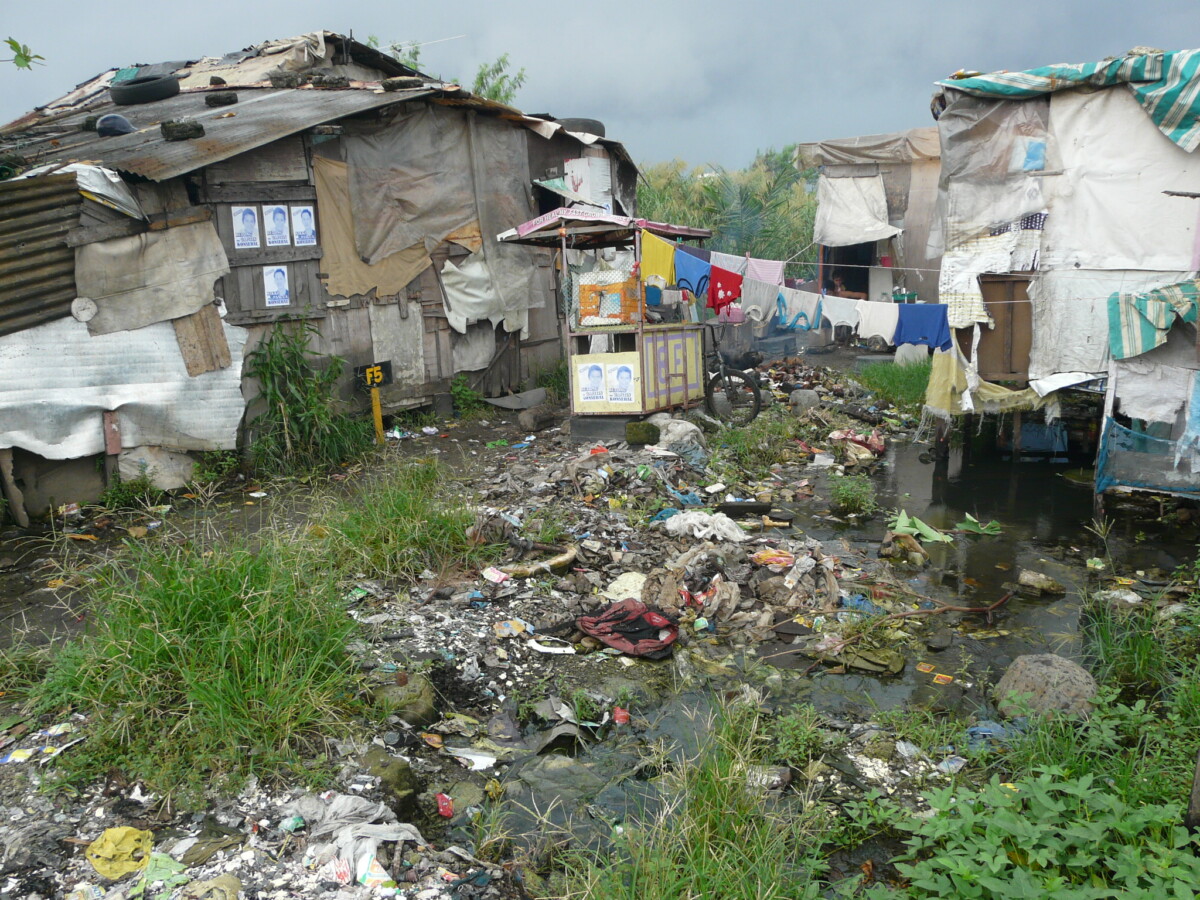Toxic Site Assessment, BLL and Source Study in Tamil Nadu (120 households)

Project Background:
Today, one-third of the world’s children are lead poisoned.
More than 275 million children – 50% of Indian children – are estimated to have blood lead levels (BLL) above 5 micrograms per deciliter (µg/dl).
The US Centers for Disease Control mandates action at 3.5 µg/dl. The stakes are high – a level of 5 µg/dl results in permanent brain damage and a loss of 3 to 5 IQ points per child.
Lead also damages the brain’s frontal cortex, reducing a person’s capacity for empathy and self-control, and increasing their tendency for violent behavior.
According to the Institute of Health Metrics and Evaluation (IHME), Tamil Nadu is documented as the state having the most deaths caused by lead exposure. It has the 7th highest number of children with elevated blood lead levels.
Methodology:
Toxic Site Assessments:
Pure Earth will train and work with local officials to conduct 30 environmental assessments at known or suspected lead-contaminated sites that likely contribute to local lead exposures (e.g., smelters, contaminated farmland, mines, e-waste recycling sites, car battery recycling operations).
Blood Lead Level (BLL) sampling:
Based on the results from the marketplace and toxic site assessments and our prior work in Tamil Nadu, we will shortlist two cities (most likely, Coimbatore, and Dindigul) for BLL sampling. We will conduct baseline BLL testing and analysis for a total of 120 households with children under 6 years old. This will help us assess the impact of high lead exposure in these cities which can be replicated in the future, and provide a key metric to measure the effectiveness of future interventions.
Household Source Studies: Similar to our pilot study conducted in Patna, we will conduct lead source identification and prioritization analyses to determine the leading sources contributing to lead exposure among children and promote source-specific interventions/risk mitigation practices. We recently completed a study of 50 households in Vellore funded by the Trafigura Foundation.
We will conduct an additional 120 surveys (60 each) in two other cities
(i.e., Coimbatore, Dindigul) to get a more representative, statistically significant lead exposure source assessment. Specifically, surveys and home environmental sampling will be conducted for 120 selected households with children at risk of elevated blood lead levels.
We will then create and disseminate a series of recommendations to various stakeholders (i.e., government officials, community leaders, etc.), tailored to the type of source (e.g., soil, food, lead from the workplace migrating into the home) for risk mitigation (e.g., awareness-raising, remediation and other lead reduction interventions, policy, supply chain analyses). This data is critical for Phase 2, the timely design and implementation of cost-effective interventions.
Expected Outcomes:
Major toxic sites identified across Tamil Nadu
BLL baseline established in two cities
Increased ability in the state to collect and analyze environmental lead contamination data
Identification and improved understanding of the primary sources of lead poisoning in Tamil Nadu
Evidenced-based recommendations necessary for Phase 2: the design and
implementation of source-specific interventions.
